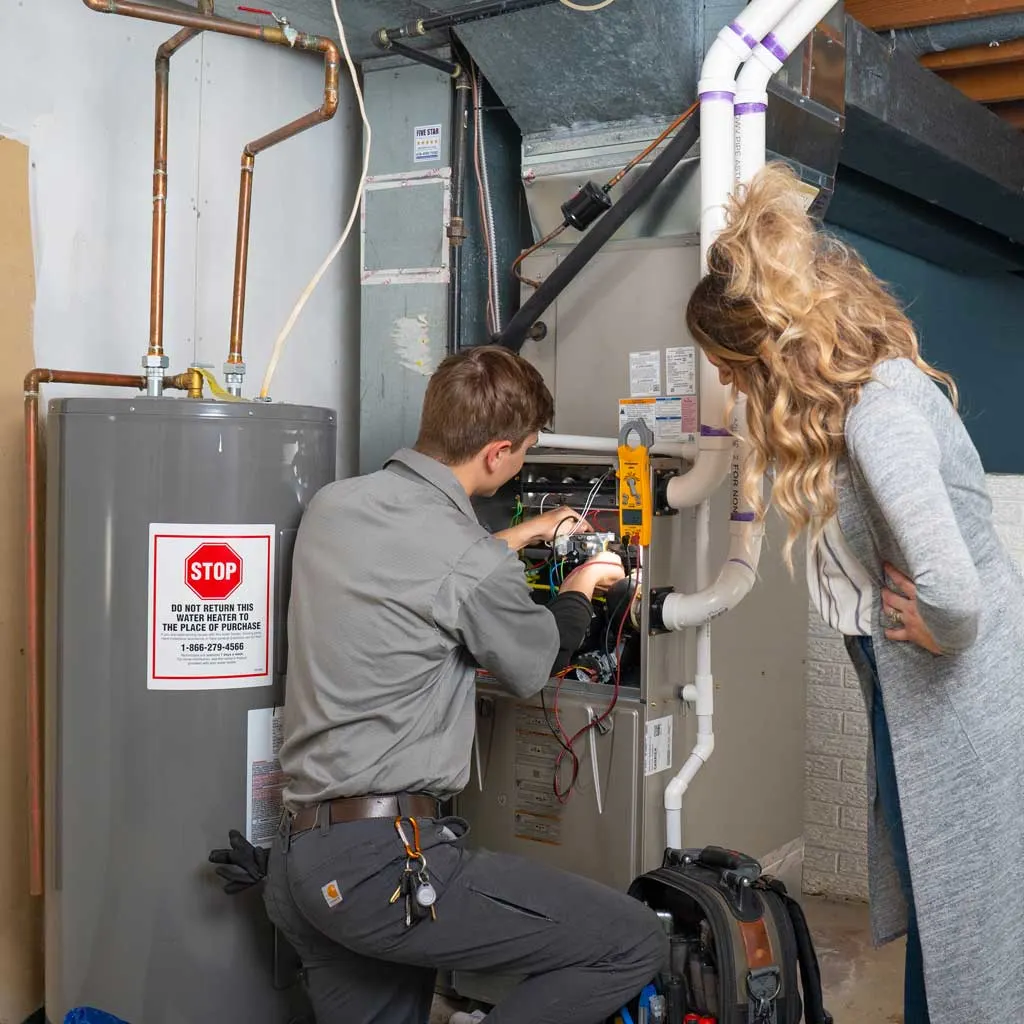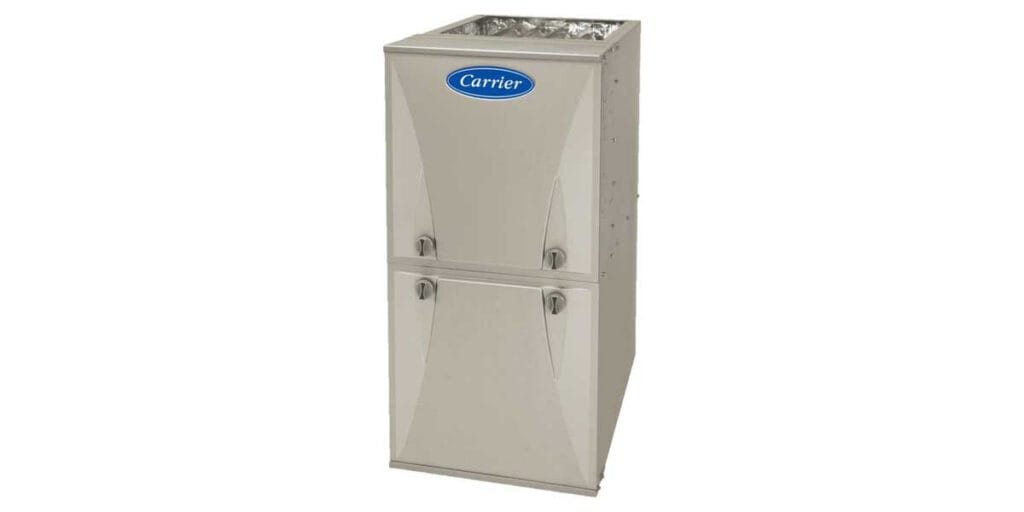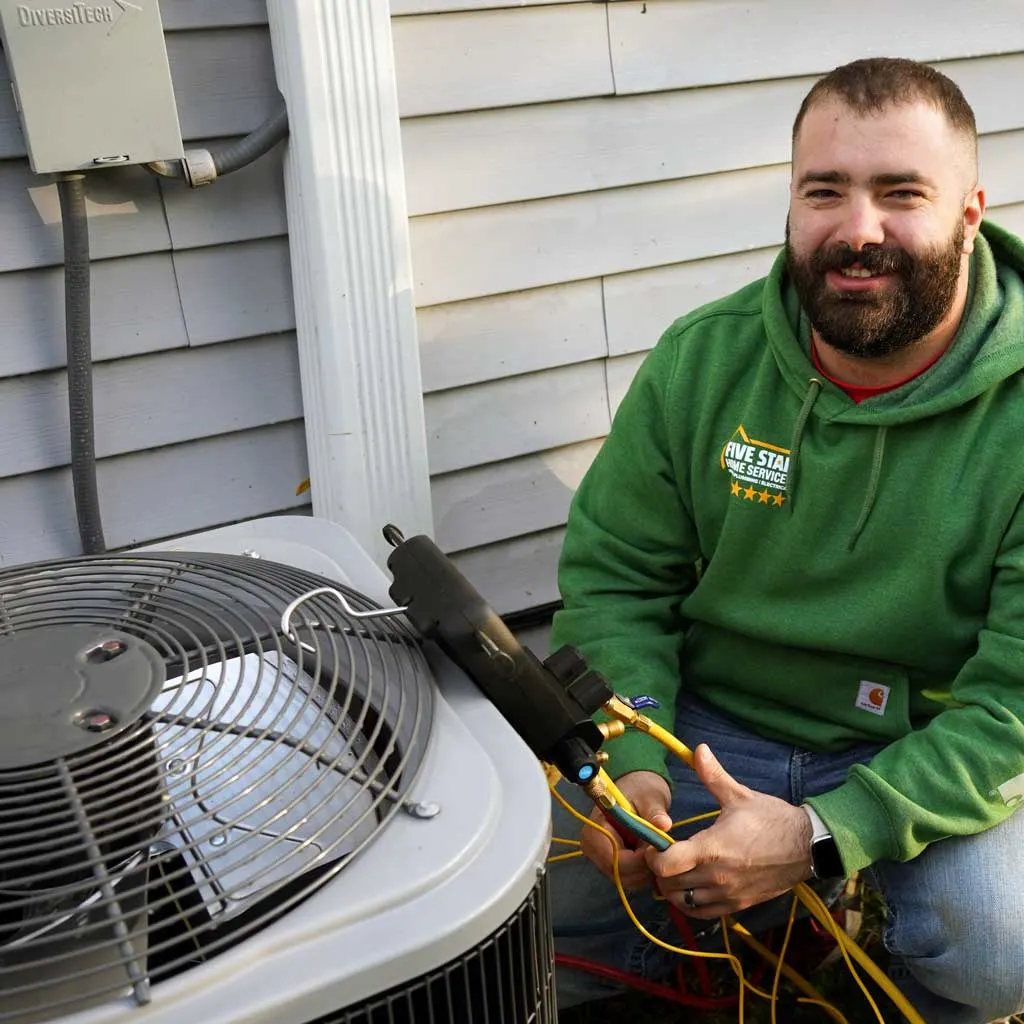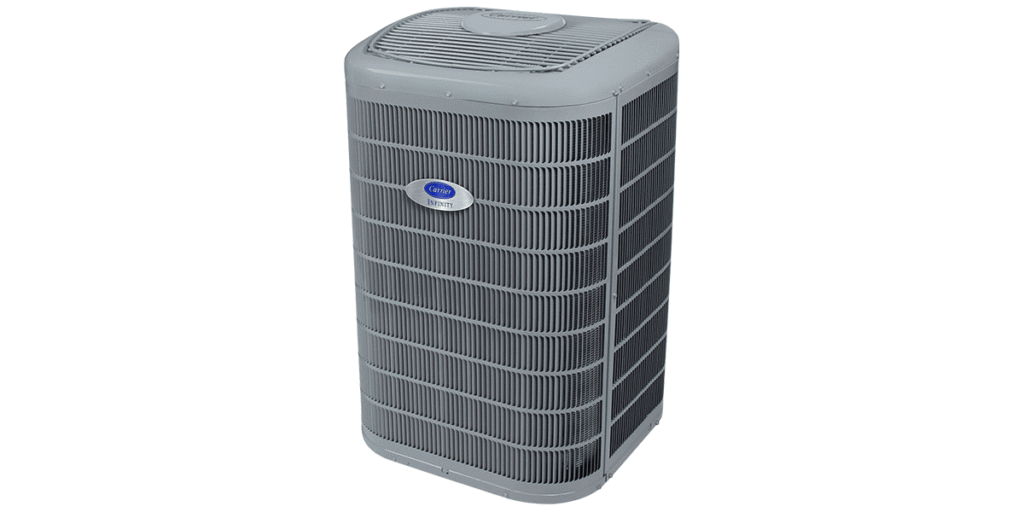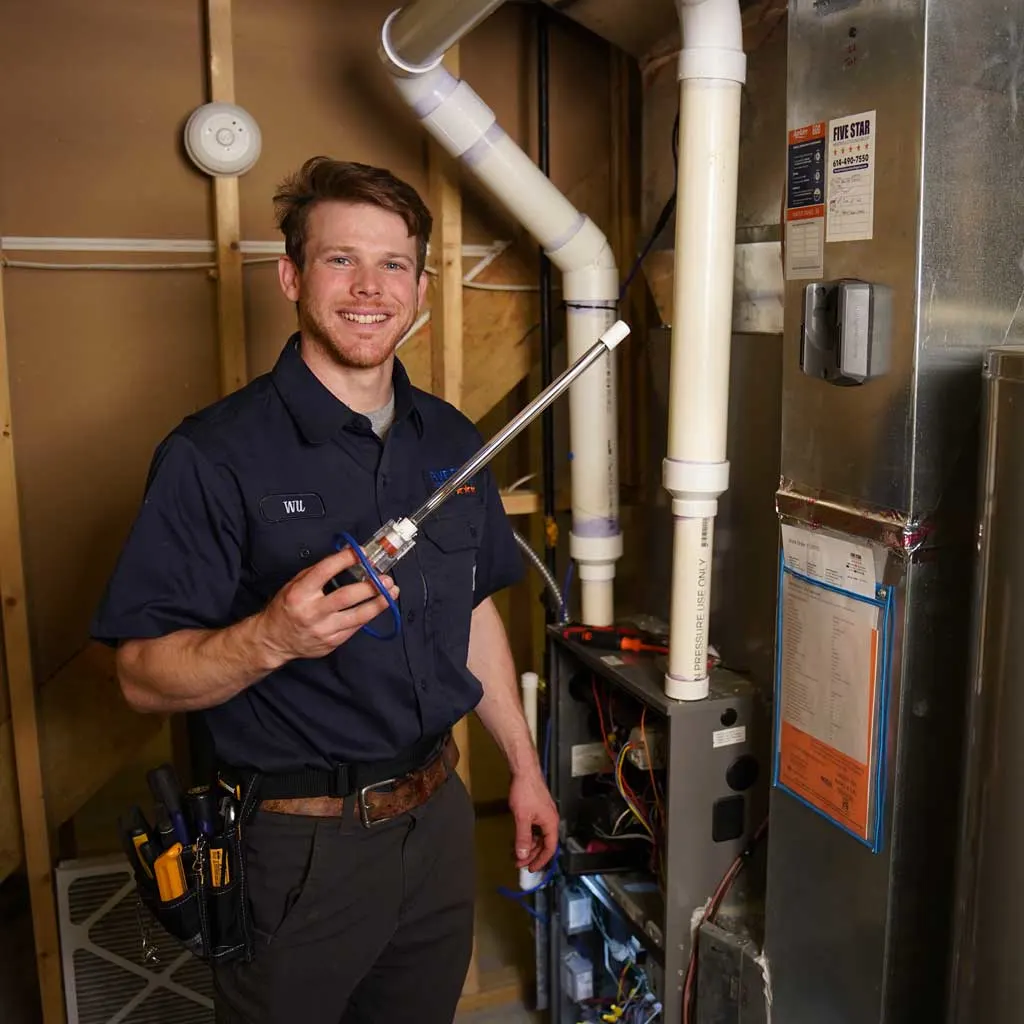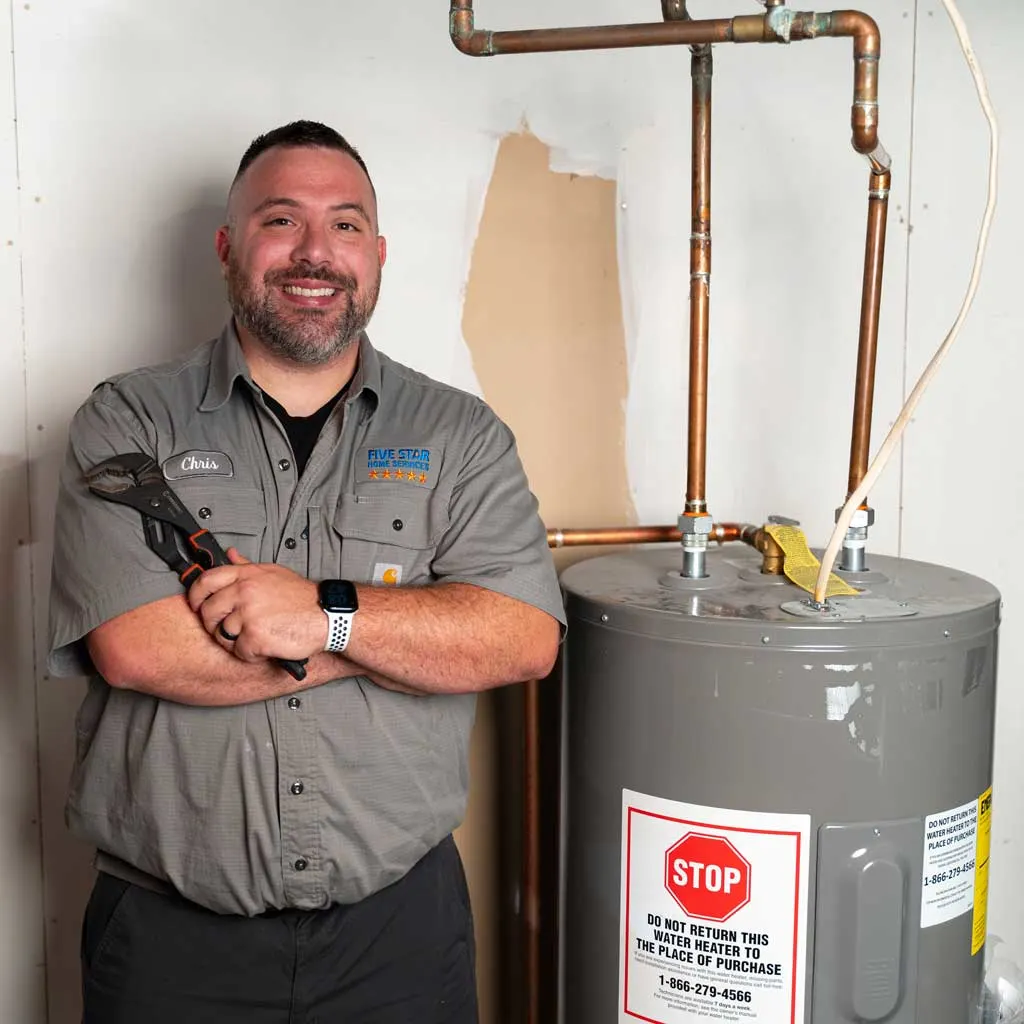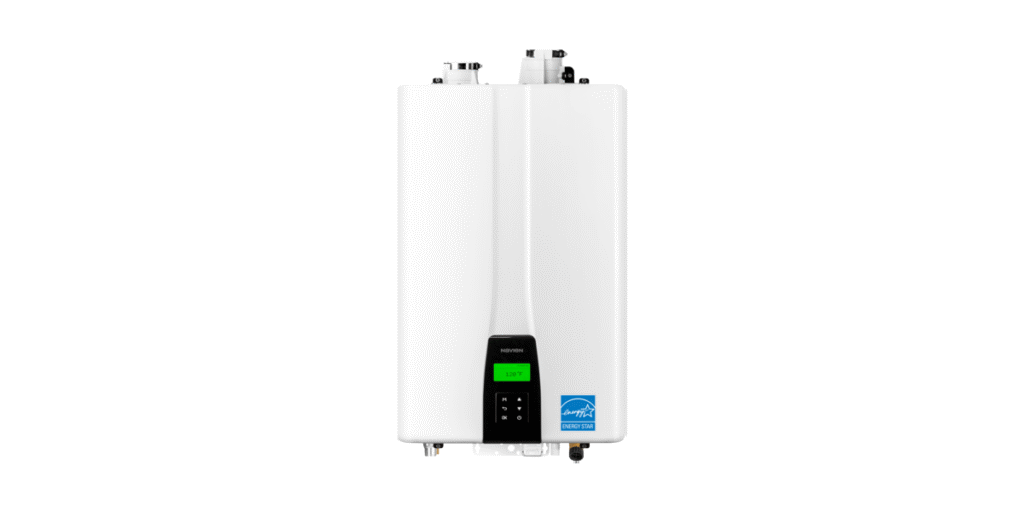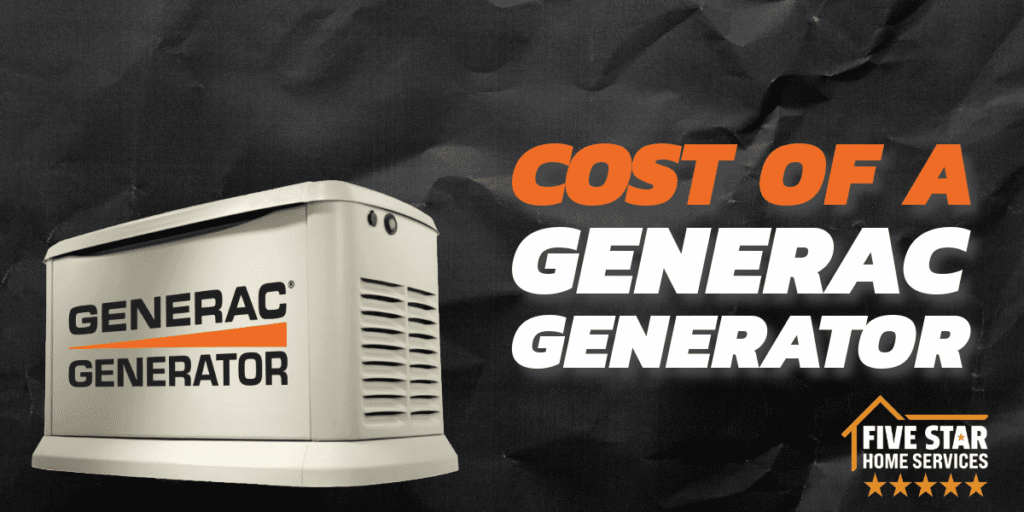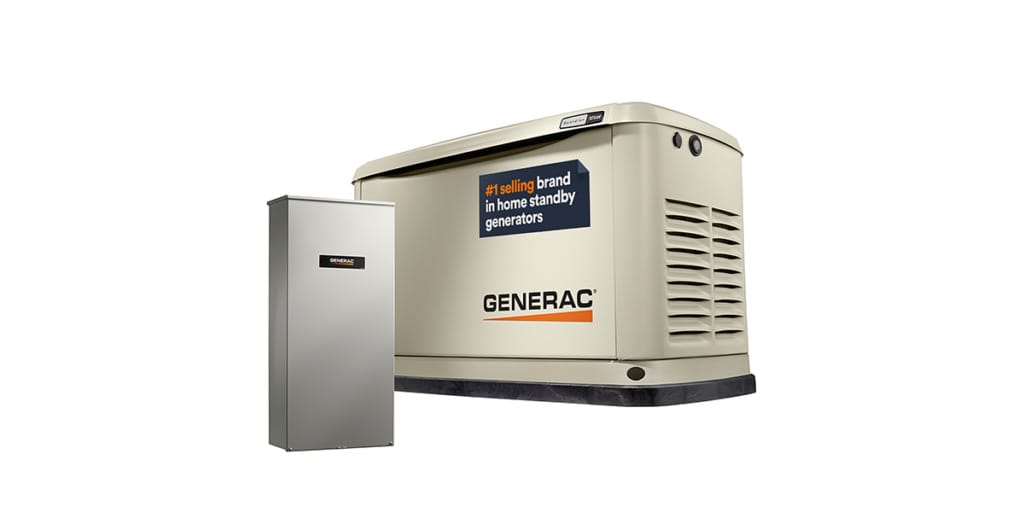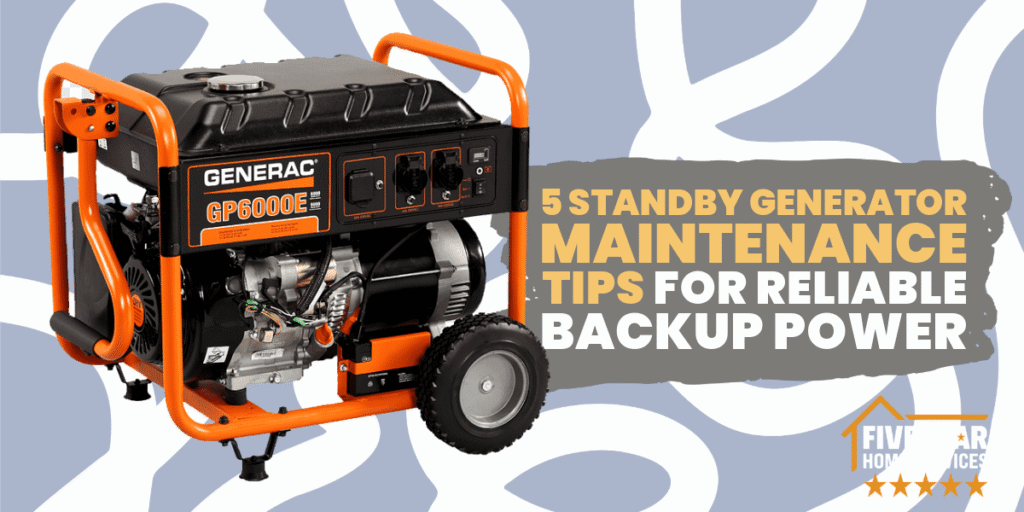When the power goes out, your standby generator is your home’s unsung hero, keeping your lights on, appliances running, and family safe. But like any hardworking appliance, your generator needs a little TLC to stay in top working order. Just like other critical equipment, it requires routine care and regular maintenance to function efficiently. Regular maintenance not only ensures reliability during outages but can also extend the life of your generator and save you from costly repairs.
This blog will walk you through essential maintenance tips every homeowner can follow, provide professional advice on when to call in an expert, and demonstrate how proper care keeps your generator running smoothly for years. At Five Star Home Services, we’re always here to help with expert generator care, from installations to annual check-ups.
What is a Standby Generator and Why Do You Need One?
A standby generator is a permanent home backup power solution that automatically kicks in during a power outage. Unlike portable generators, standby models are connected directly to your home and powered by natural gas or liquid propane.
For families relying on vital systems like heating, cooling, or medical devices, a standby generator isn’t just a convenience—it’s a necessity. It ensures safety, comfort, and peace of mind, no matter the situation. Additionally, the transfer switch plays a crucial role in facilitating quick access to power during outages.
Whether it’s unexpected weather, infrastructure issues, or unexpected blackouts, a standby generator guarantees your home stays functional when it matters most.
How Long Does a Standby Generator Last?
On average, a standby generator lasts about 10–15 years with regular upkeep—but this lifespan can vary. Factors like frequency of use, exposure to harsh weather conditions, and maintenance all play a role.
The key to maximizing your generator’s life is something that’s simple (yet often overlooked)—and that’s routine care. Think of home generator maintenance as an investment to avoid breakdowns and ensure reliable performance when you need it most. Regular maintenance tasks such as oil filter replacement, battery inspections, and fuel system tests are essential. These tasks can be managed by both homeowners and certified technicians to keep the generator functioning optimally.
To learn more about the signs about when it’s time to replace your backup generator, click here!
The Top 5 Tips for Taking Care of a Backup Generator
To keep your generator running at its best, follow these five essential maintenance tips.
Always consult the owner’s manual for specific maintenance tasks and schedules.
1. Check and Clean Regularly
Start with the easiest step—look over your generator for visible damage like rust, dirt buildup, or potential blockages. Keep the area around the unit clean and free from debris like leaves and twigs.
Why? A clear, clean space prevents overheating and ensures your generator performs safely and efficiently. A quick check every week can save you from long-term issues.
2. Test Your Generator Every Month
Much like a car engine, your generator needs regular use to stay functional. Run your generator for about 20–30 minutes once a month to keep parts like seals and gaskets from deteriorating due to inactivity.
This “practice run” ensures that everything is in working shape before the unexpected happens. Better to discover an issue during routine testing than during a power outage!
3. Check and Replace Oil and Filters
A generator’s engine operates much like a car’s, which means clean oil and filters are essential for smooth performance. Regular oil changes are crucial for maintaining the generator’s efficiency and longevity. Follow the manufacturer’s recommendations for checking oil levels and replacing both oil and air filters regularly. An annual oil change, including changing the oil filter, is vital to ensure optimal functionality and prevent engine damage.
Clean filters keep the engine free from dirt and debris, while fresh oil ensures moving parts are well-lubricated. Neglecting this step can shorten your generator’s lifespan significantly. Regular oil changes are necessary to maintain the generator’s efficiency and reliability.
4. Keep the Battery Fully Charged
A weak or dead battery is one of the most common reasons generators fail to start during an outage. Make it a habit to check your generator’s battery connections and ensure your battery is holding a charge.
For added convenience, consider investing in a trickle charger to keep the battery at full power, ready to go when the lights go out.
5. Use Fresh Fuel and Keep Lines Clear
Old fuel can lead to clogs, reduced performance, and starting problems. Always use fresh fuel if your generator runs on gasoline, and regularly check the fuel lines for leaks, cracks, or blockages.
For propane or natural gas generators, ensure valves and connections are secure and in good condition to avoid interruptions.
Can I Install a Standby Generator Myself?
While DIY projects can be rewarding, installing a standby generator is NOT one of them. Proper installation requires expertise to avoid safety hazards and ensure compliance with local regulations. Poor installation can void warranties, create fire risks, or cause your generator not to function when you need it most. There’s also the issue of sizing. To understand more about generator sizing and its importance be sure to check out my recent blog!
At Five Star Home Services, our licensed electricians handle everything from permits to installation to final inspection, ensuring your generator is set up correctly and safely. Don’t take the risk—our team is here to make the process seamless for you.
For more on whole-home generator costs in 2025, be sure to check out the recent blog I wrote earlier this year. You can check that out by clicking here!
Why Professional Maintenance Is Important
Some generator tasks require a professional touch. From electrical inspections to software updates, your generator needs expert servicing to stay in top shape. Warning signs like unusual noises, fluctuating performance, or error codes should never be ignored. Additionally, replacing spark plugs during annual maintenance is crucial to ensure reliable generator operation.
At Five Star Home Services, we’re trusted by homeowners for thorough and reliable generator maintenance. Our technicians go beyond basic upkeep, ensuring your generator is ready to handle anything Mother Nature throws your way.
For more on generator maintenance, be sure to check out this helpful blog: Home Generator Maintenance Tips to Keep Your Backup Power Shipshape.
When to Schedule Professional Generator Servicing
We recommend scheduling professional maintenance at least once a year—or right after a major storm. Annual check-ups allow technicians to identify potential issues early, saving you from unexpected breakdowns during critical moments.
Our maintenance plans at Five Star Home Services come with exclusive perks like discounted repairs and priority service. Think of it as your generator’s insurance policy for uninterrupted peace of mind.
Wrapping It All Up
Your standby generator is the ultimate safety net in uncertain times—but only if it’s well cared for. By following these five simple maintenance tips, you can keep your generator running smoothly and extend its lifespan.
For those critical tasks that require expert hands, don’t leave it to chance. Schedule your professional generator check-up with Five Star Home Services today—because when the power goes out, you deserve to know your home is fully covered.
Don’t wait for the next storm. Book your generator servicing now, and rest easy knowing you’re prepared.
Call Five Star Home Services today to schedule an appointment!



